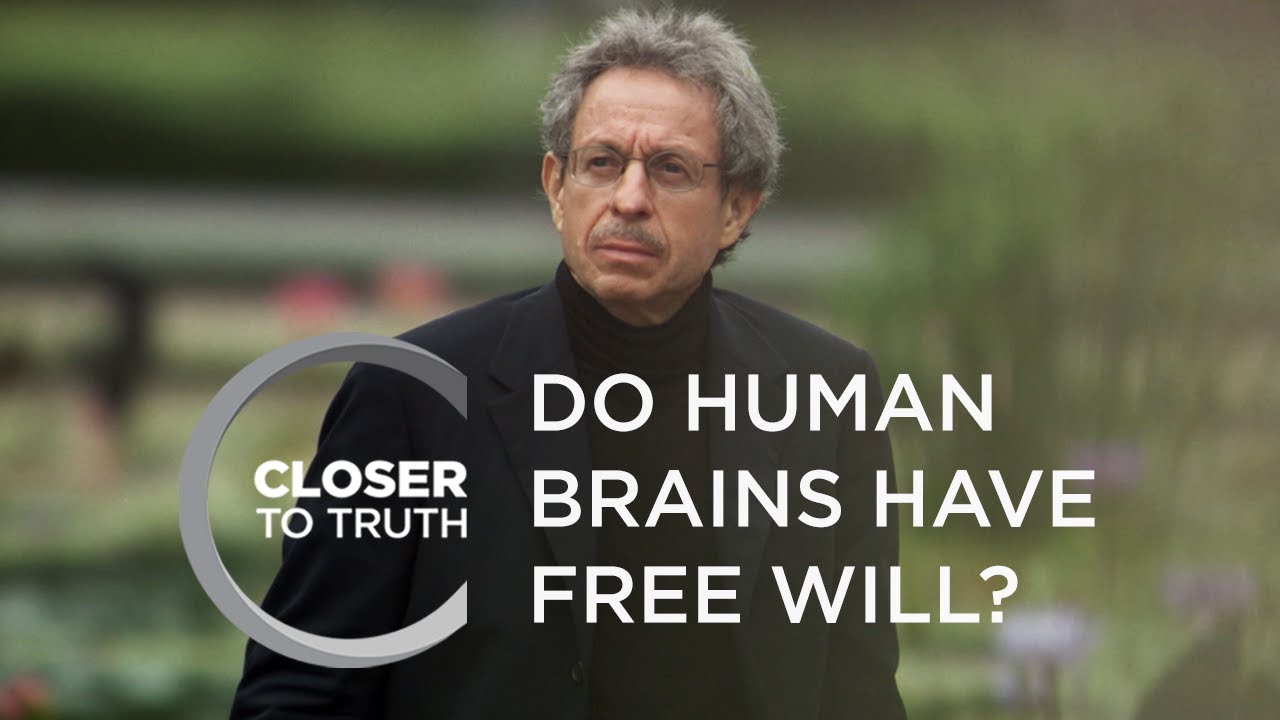Do Human Brains Have Free Will? | Episode 609 | Closer To Truth
Unleash Your Creative Genius with MuseMind: Your AI-Powered Content Creation Copilot. Try now! 🚀
The Paradox of Free Will
"I think as I please and I do as I want. My choices are my own and my will is free. This seems the simplest of notions - the essence of me - right? Why, then, is free will among the most vexing of philosophical problems?"
In the realm of philosophy, free will stands as a puzzle wrapped in an enigma. The very essence of what makes us human, empowering our sense of personal self, and enabling collective responsibility, it is paradoxically shrouded in uncertainty. While science unveils the intricate workings of our brains, it seemingly leaves no room for the operation of free will.
The Labyrinthine Path to Understanding
Exploring the concept of free will, one finds themselves navigating a complex maze. A journey that starts with the leading philosopher of mind, John Sero, in the vibrant city of Berkeley. As John eloquently puts it, the problem of free will is no isolated issue, but rather a window that offers a view into the entire philosophy of mind.
Determinism and the Illusion of Choice
Determinism, the notion that every event has causally sufficient conditions, stands in opposition to our intuitive belief in free will. How can both be reconciled? John Sero posits that while determinism aligns with our understanding of how the world functions, the experience of having free will persists.
Here's where neurobiology enters the stage. If consciousness is rooted entirely in the brain, how do we extract free will from the dance of neurons and electrical impulses? The answer, as John suggests, lies in hypothesis and practical thinking. Imagine building a conscious robot, one with free will and one without. The former, he dubs Hypothesis Two, envisions a world where even the lower-level neurobiological states don't solely dictate the subsequent state—a world with true free will.
Quantum Mechanics: Randomness or Free Will?
The conversation takes an intriguing turn towards quantum mechanics, a realm where indeterminacy reigns. Can this be the foundation of free will? Initially, the idea is dismissed as mere randomness, far from the essence of true choice. However, a fallacy is uncovered—the notion that the features of the whole system must mirror the features of its composition. Quantum indeterminacy, it turns out, might hold more promise than initially thought.
Embracing the Pragmatic Illusion
In the end, the quest for free will leads us through a tapestry of neurons, quantum mechanics, and philosophical pondering. While the true nature of free will may remain elusive, perhaps it serves us best as a helpful illusion. An illusion that empowers us to navigate the complexities of our existence, allowing us to revel in the joy of choice, even if its origins remain a mystery.
In the grand tapestry of human existence, the question of free will stands as a vibrant thread, weaving together the fabric of consciousness and selfhood. As we journey through the realms of philosophy, neuroscience, and quantum mechanics, we find that while answers may elude us, the pursuit of understanding enriches our experience of what it means to be truly human.

Related Recaps
- STAR WARS JEDI: SURVIVOR #9 - Ngài Vader Xin Đừng Để EA Làm Biến Chất Thần Lực 😭
- The Guitar Amp we should ALL be playing - Vox Mini Superbeetle
- tani yuto - Title
- Wanna Be Love - HAWW [뮤직뱅크/Music Bank] | KBS 230324 방송
- What does it take to be Fiesta royalty? You can be a Royal for the Day and ride in the Battle of...